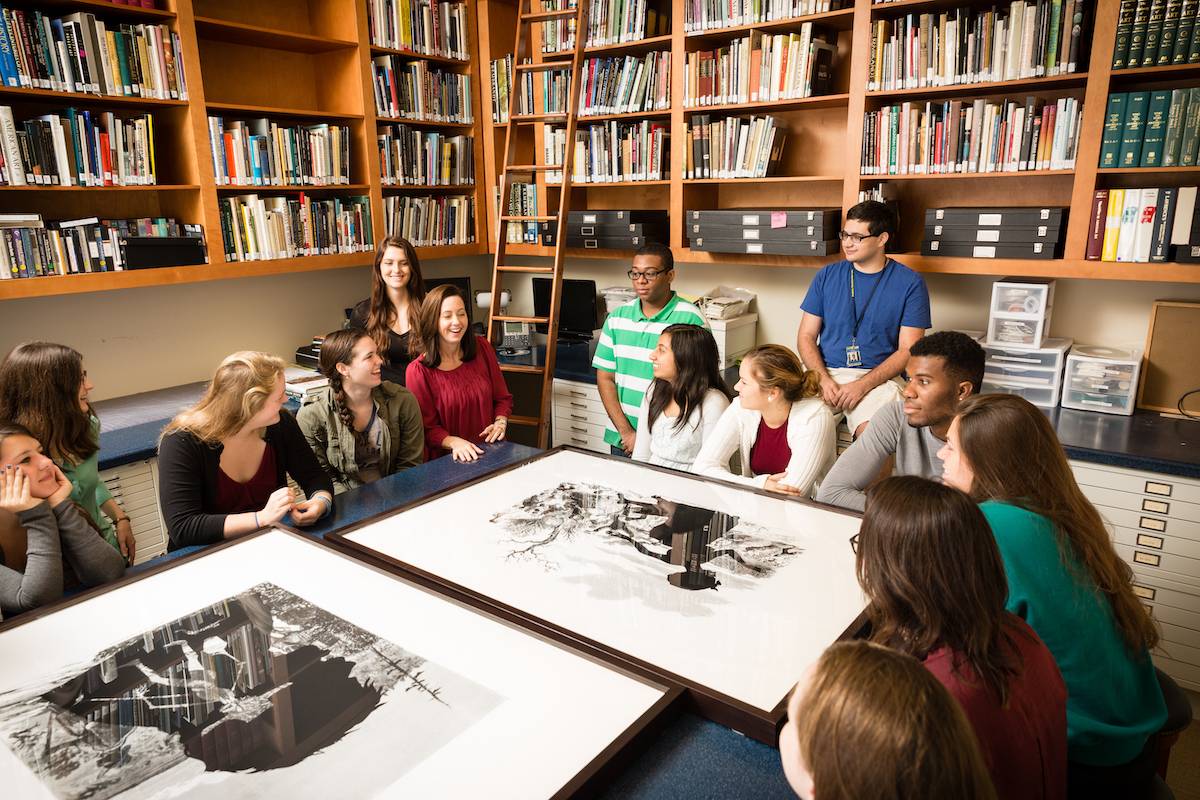
What You Will Learn as an Art History Major
Art History exposes students to global cultural expression throughout thousands of years of history through the exploration of visual media.
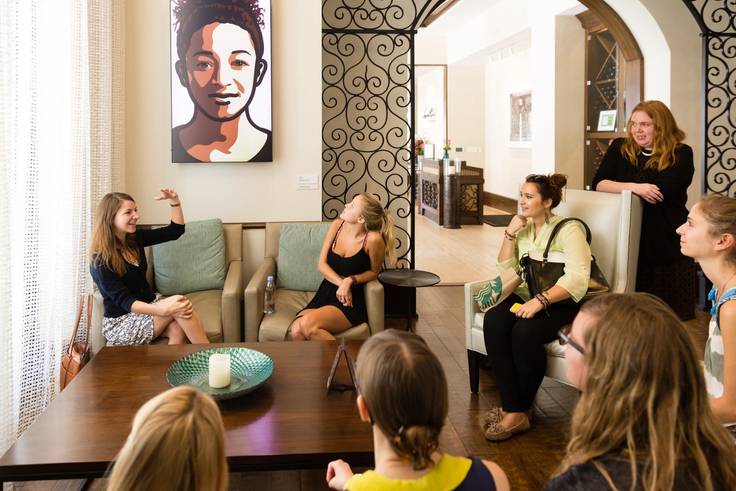
Global Citizenship
Since the art history curriculum will expose you to the visual arts of nearly every corner of the globe, our courses offer ideal opportunities for you to envision your role as a global citizen. The arts are closely connected to other aspects of culture, requiring you to engage regularly with other disciplines, including the performing arts, archaeology, anthropology, economics, history, philosophy, political science, religion, sociology, and language study. This kind of holistic examination of global visual culture will expose you to the depth and variety of global cultures. You will often immerse yourself in the cultures whose visual culture you have experienced in the classroom via study abroad programs.
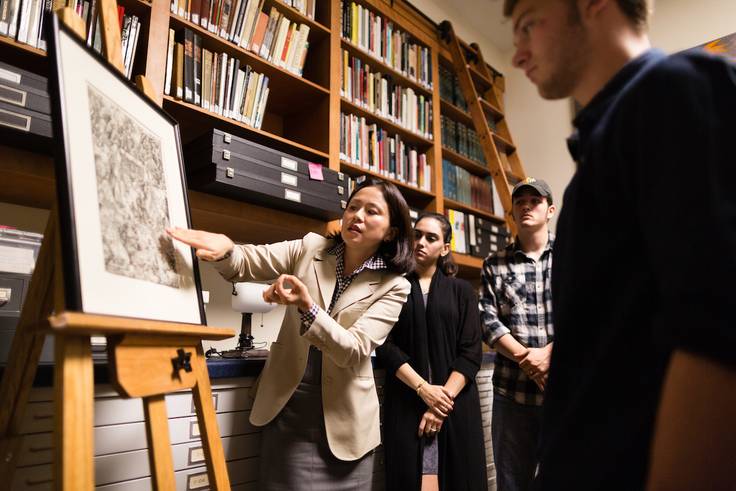
Responsible Leadership
Focusing on visual and material production, you will gain an awareness of how different societies have visualized their identities, values, and histories. You will strengthen your visual literacy skills, and develop the strong critical thinking, writing, research, argumentation, and presentation skills that are key for the responsible leadership goal of the college’s mission.
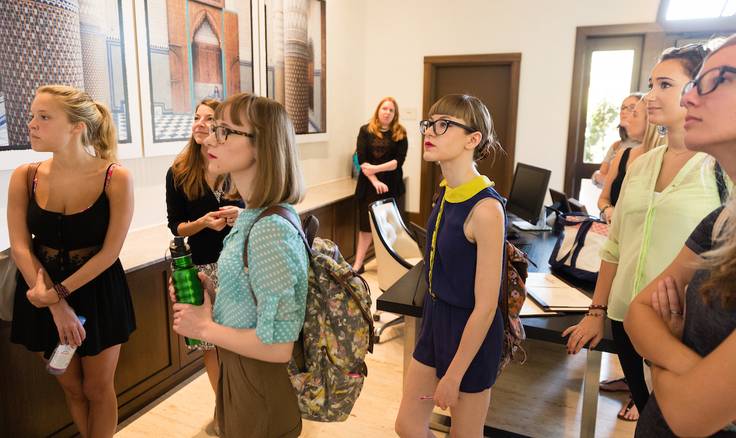
Productive Careers
Art history’s expansive reach provides a rigorous, broad-based foundation in the liberal arts that positions you to meet rapidly changing opportunities of the 21st-century workplace. The art history faculty are dedicated to mentoring you, helping you find internships, study abroad opportunities, and post-graduate study. We encourage our majors to apply for our department’s scholarships and travel grants to fund independent or collaborative research. In the Senior Capstone course, you will research and curate an exhibition at the Cornell Fine Arts Museum providing a practical, hands-on experience in a field connected to your major. The faculty also ensure that you will understand the relevance of the transferable skills gained from studying art history, especially research, writing, and critical thinking. Besides employment in museums, galleries, auction houses, arts administration, and education, our graduates have gone on to successful careers in law, grant-writing, media and publishing, and digital humanities.
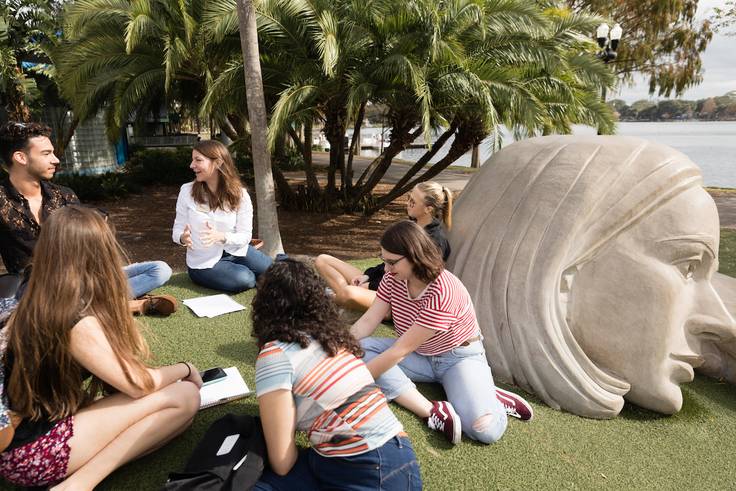
Meaningful Lives
The visual analytical skills acquired through training in Art History provide a foundation for the exploration of images throughout a lifetime and allow you to become a lifelong student of art well beyond your time on campus. This goes far beyond simply being able to appreciate masterpieces of art to understanding its ability to critique society and argue for social change.
Interested in Studying Art History at Rollins?
Sign up to receive more information about living and learning at Rollins.
